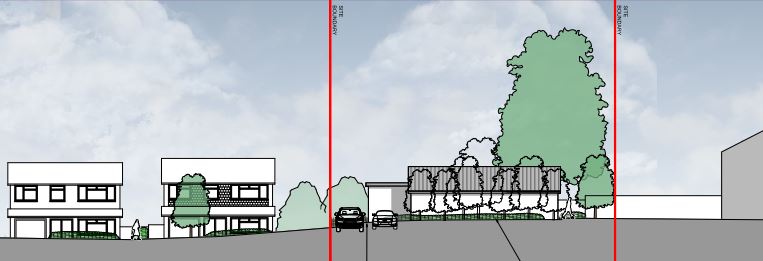Planning Permission Time Limit
UPDATE November 2013 – Please note that the ‘extension of time’ provisions were not extended this year which means that if you have a planning permission that is due to expire from 1 October 2013 onwards then you must either discharge any pre-commencement conditions and implement in time, or re-apply for planning permission. There is no longer a ‘short-cut’ procedure to extend the planning permission time limit. Please contact us for further details. The September 2012 article remains below, but it is now out-of-date:
September 2012 – Does planning permission expire?
Some of our readers might be aware that the ‘extension of time’ provisions for unimplemented planning applications were going to cease on 1 October 2012. This would have meant that any planning permissions that had not yet expired (but were due to do so) could have only been extended (or renewed) with a complete resubmission including whatever fee might be applicable.
A Statutory Instrument published a few days ago has extended the ‘extension of time’ provisions for an additional year. If you therefore have a planning permission due to expire before 1 October 2013 then we would be happy to advise on how best to go about preserving your position. We will advise all clients that have obtained their planning permissions through SF Planning Limited, but if you have obtained your permission elsewhere then please talk to us at an early stage as it may be that implementation is better than the provisions offered by the ‘extension of time’ process (particularly when policies may have changed in the interim).
Ministerial Statement for property development sites
The additional year provided by Government recognises that some development sites continue to stall because of the economic climate. However, a recent Ministerial Statement is also looking at additional measures to get things moving. Almost all of the Ministerial Statement requires additional primary or secondary legislation, and/or public consultation before it happens. We will keep you posted.
Finally, the Statutory Instrument above will also (in due course) require Councils to record the positive negotiation had with applicants during the course of a planning application on decision notices. This builds on the content of the National Planning Policy Framework which states that, “Local planning authorities should look for solutions rather than problems.” I would hope that there aren’t too many Councils left out there which refuse to negotiate, but it perhaps reaffirms the position to work positively on development proposals. It certainly raises a question with regard to refusals; it will be interesting to see what happens at the appeal stage when the applicant doesn’t accept any explanation given on this part of the decision.
If you have any queries about planning permission time limits or whether planning permissions expire, please get in touch with one of the team.

